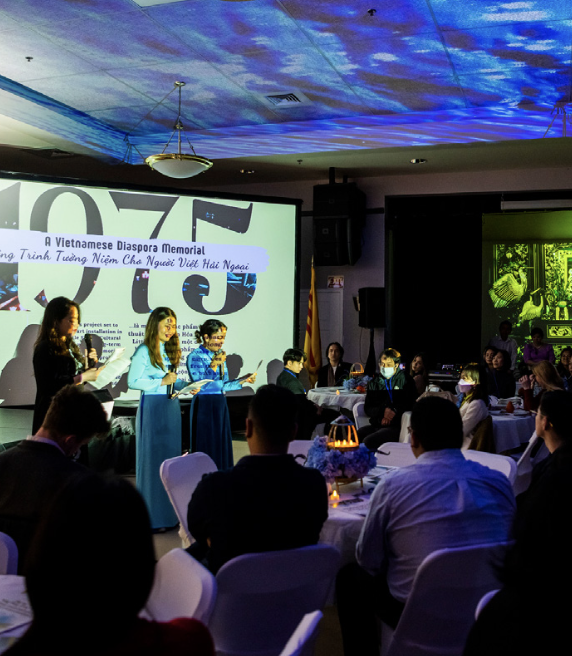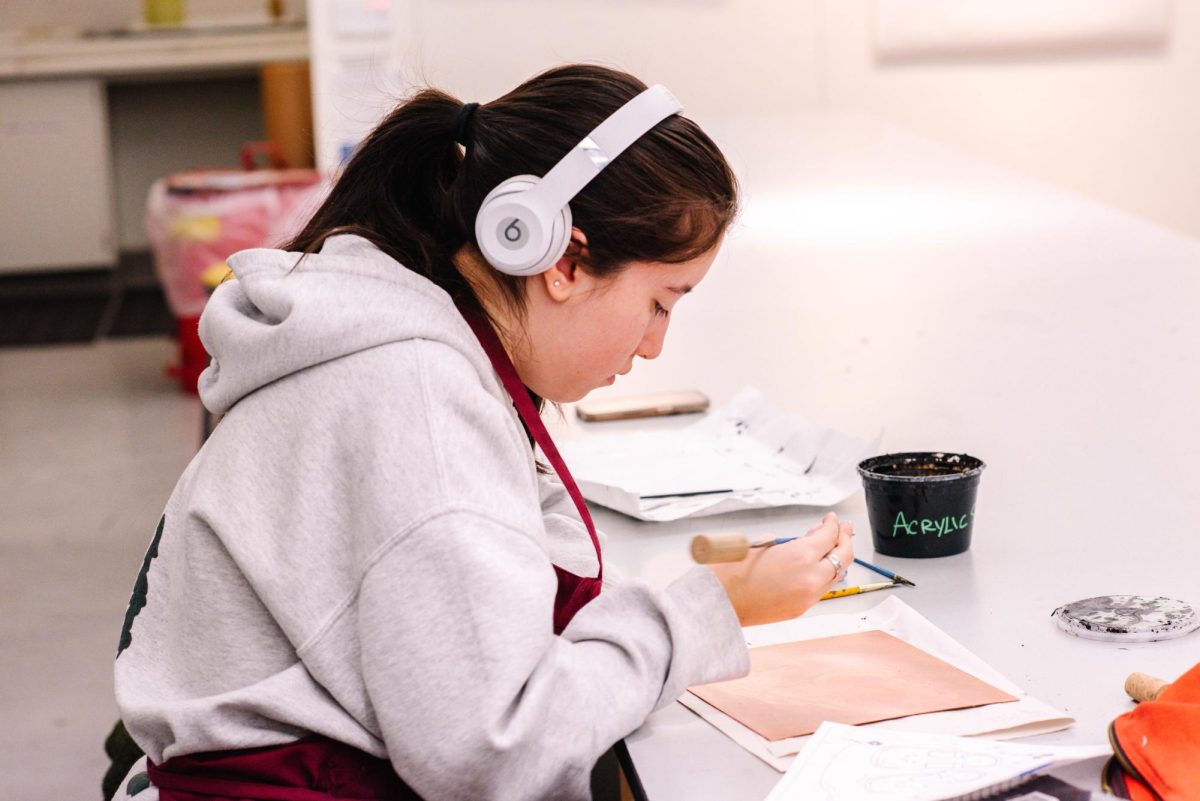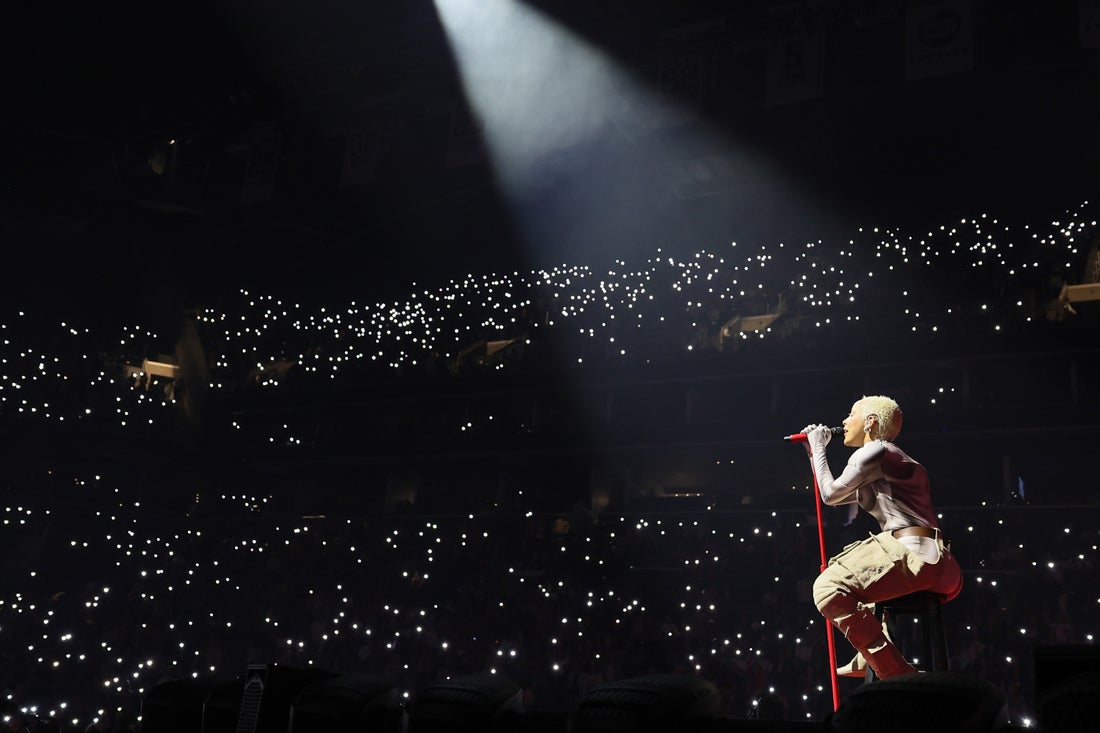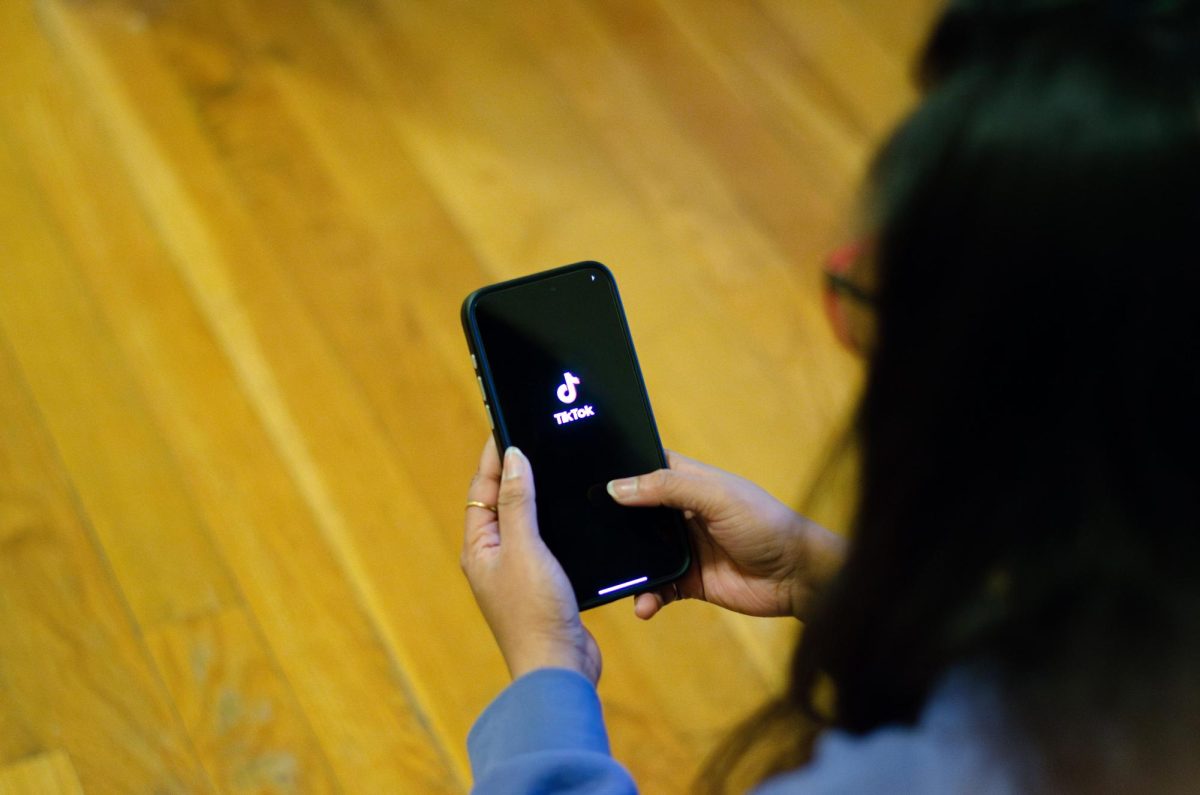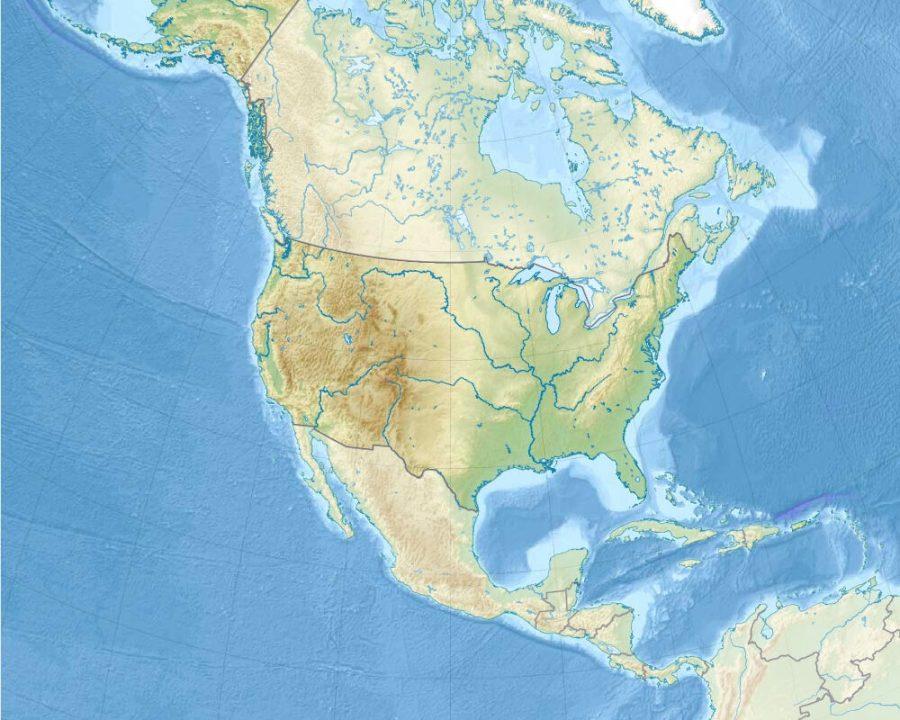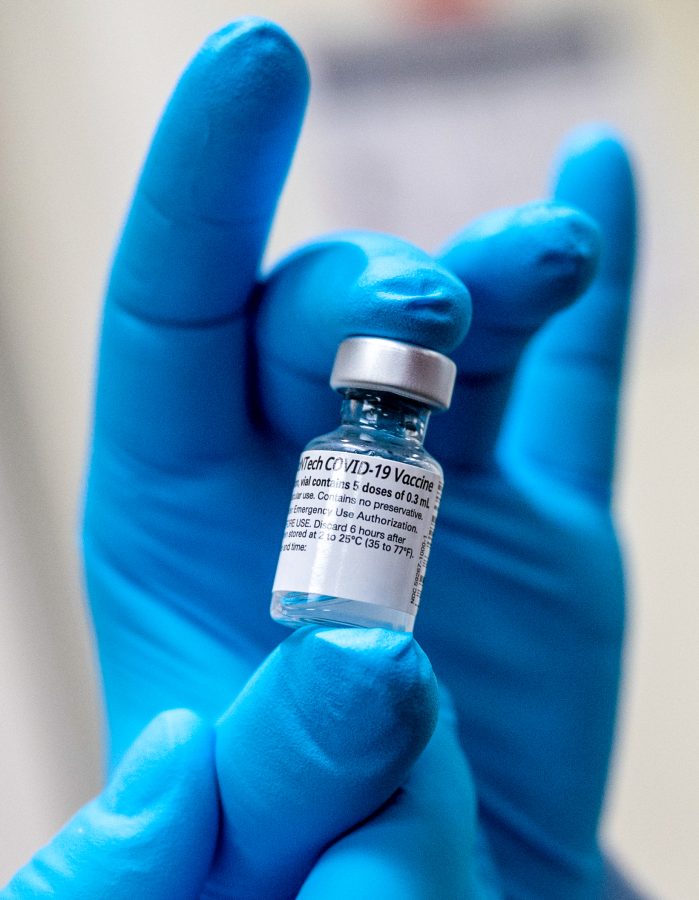As COVID-19 cases across the United States continue to rise, vaccination rates against the virus have ramped up in response. Moderna and Pfizer vaccines in the United States have been distributed at a fast pace, and recent developments in Oxford/AstraZeneca’s vaccine in the U.K. have been showing high levels of effectiveness against the virus.
The White House recently announced that it would be shipping about 1 million doses of the vaccine to pharmacies on a weekly basis, to help ease concerns of equity issues. Pfizer has also announced that they plan to deliver 200 million doses of the vaccine to the U.S. by May.
According to NPR, vaccines being sent to pharmacies as part of the Biden administration’s plan to speed up the inoculation effort in the country would come in addition to the weekly millions of doses that are being sent to states, territories and tribes that are already happening.
The plan is set to begin on Feb. 11, on a limited basis, with 6,500 doses being sent to pharmacies nationwide.
Jeff Zients, the White House COVID-19 response coordinator, stated that the effort is expected to ramp up after Feb. 11 and that up to 40,000 retail pharmacy locations will then be able to distribute the vaccine. Those pharmacies would include CVS, Walgreens and Rite Aid locations. Zients also stated that those who wish to get vaccinated should follow their state’s eligibility requirements.
In the state of Massachusetts, there are three phases for vaccinations. Phase 1 includes clinical and non-clinical healthcare workers, long-term care facilities, rest homes and assisted living facilities, first responders, and home-based healthcare workers.
Phase 2 includes four groups. Group 1 is made up of individuals over the age of 75, who are eligible to receive the vaccine currently. Group two consists of individuals over the age of 65, individuals with two or more “certain medical conditions,” and residents and staff of low-income housing and affordable senior living. Group three includes: early education, K-12, transit, grocery, utility, food and agriculture, restaurant and café workers, employees across the food, beverages, agriculture, consumer goods, retail and foodservice sectors, meatpackers, sanitation, public works and public health workers, and many other workers that are listed on Mass.gov website. Group four, the last group under Phase two, includes individuals with one “certain medical condition.” The “certain medical conditions” outlined on Mass.gov include: cancer, chronic kidney disease, heart conditions, pregnancy, severe obesity, down syndrome, COPD (chronic obstructive pulmonary disease), smoking, immunocompromised state from solid organ transplant and Type two diabetes.
Phase three includes higher education workers including administrators, teaching and non-teaching staff, bottled beverage industry workers, veterinarians and the general public.
For more information about Massachusetts vaccine eligibility please visit: https://www.mass.gov/info-details/massachusetts-covid-19-vaccination-phases#phase-1-
Pfizer’s plan to deliver 200 million doses to the U.S. by May comes two months earlier than their original forecast of July. The company published their forecast ahead of its fourth-quarter earnings call and has stated that it could possibly deliver 2 billion doses globally by the end of 2021.
According to CNBC, “Pfizer had already delivered 29 million doses of its two-shot vaccine to the U.S. government as of Jan. 31.” As of Feb. 1, 17 million of the 29 million Pfizer doses have been administered.
Pfizer is not the only company that has shown an increase in production of COVID-19 vaccines. Oxford/AstraZeneca’s vaccine had recently come out with new data, stating that their vaccine has shown evidence that it can help prevent people from getting sick, and could reduce the spread of the virus substantially.
According to CBS News, the U.S. Food and Drug Administration has not granted emergency authorization for the use of the Oxford/AstraZeneca vaccine yet.
The Oxford/AstraZeneca vaccine is similar to the Pfizer and Moderna vaccine as it is given in two doses. Oxford’s vaccine is split up in two doses that are twelve-weeks apart, and evidence given by Oxford scientists show that the vaccine stays highly effective weeks after the first shot was given.
Vaccinations across the United States have been increasing with more doses of the vaccine becoming available. For more information about the COVID-19 vaccine or how to know if you are eligible to receive it, please visit the following sites:
Information on the vaccine: https://www.cdc.gov/coronavirus/2019-ncov/vaccines/index.html
https://www.who.int/emergencies/diseases/novel-coronavirus-2019/covid-19-vaccines
For information about eligibility for the vaccine:
https://www.mass.gov/info-details/massachusetts-covid-19-vaccination-phases#phase-1-




